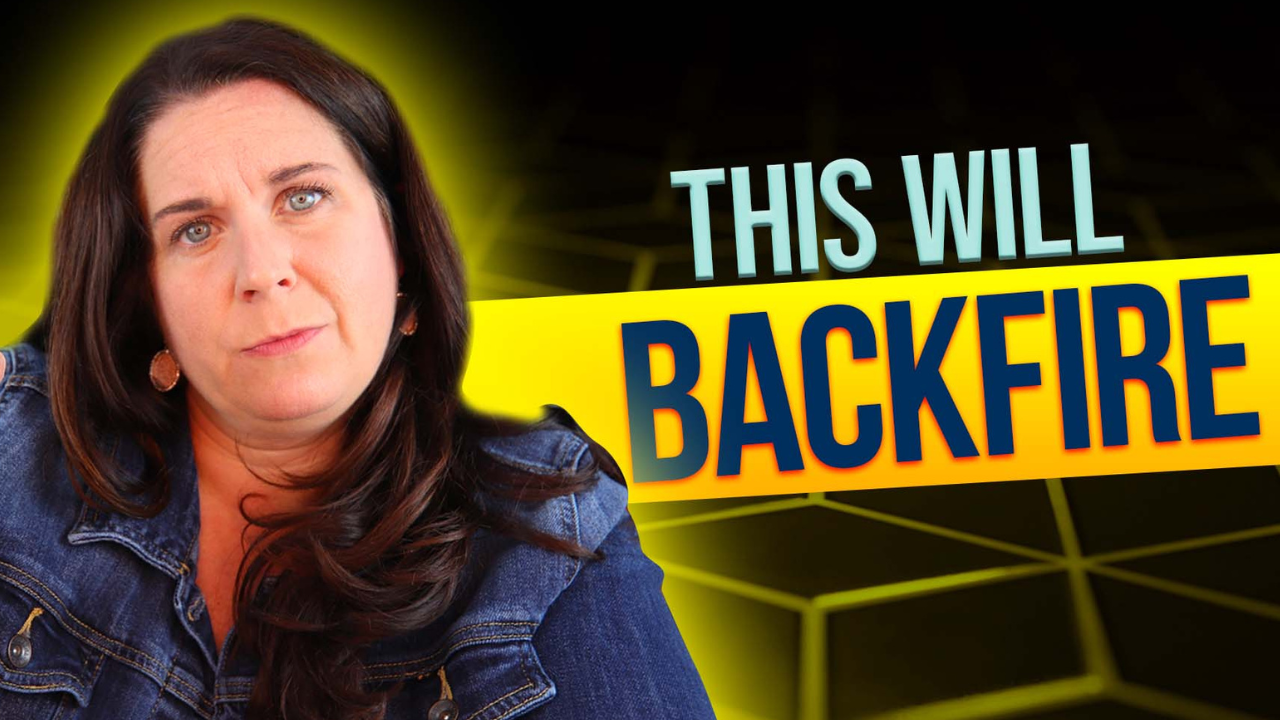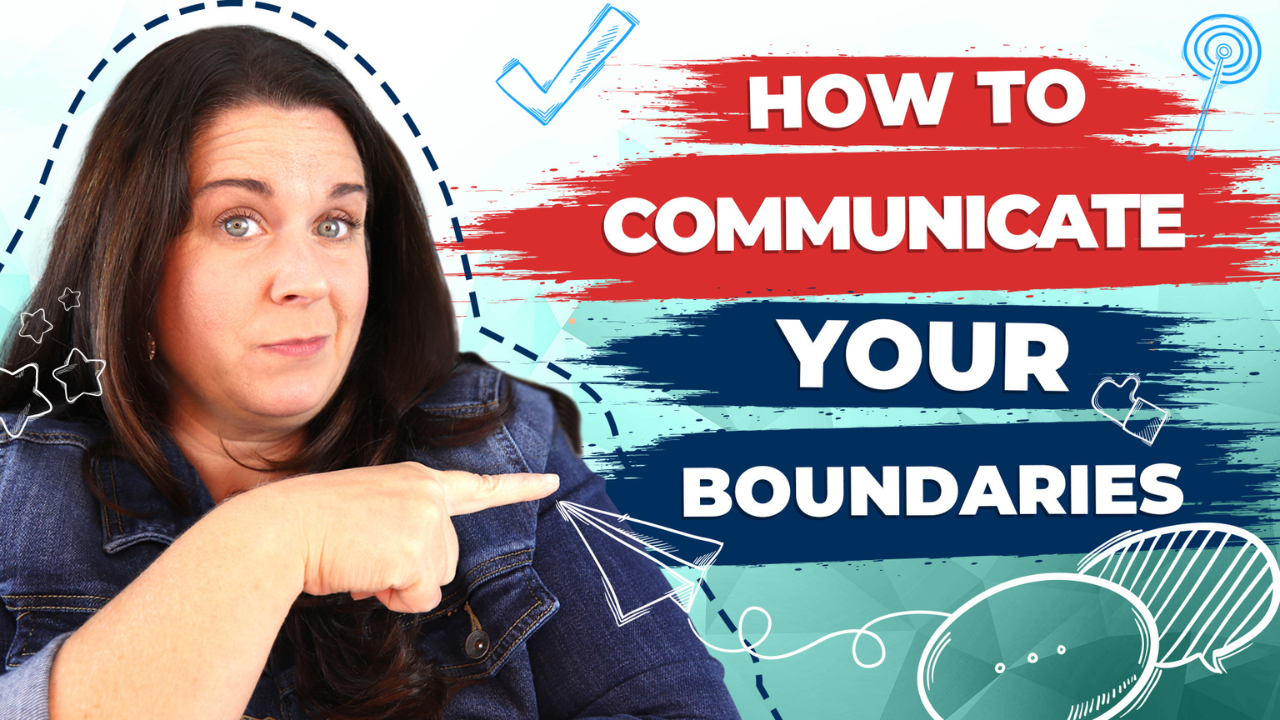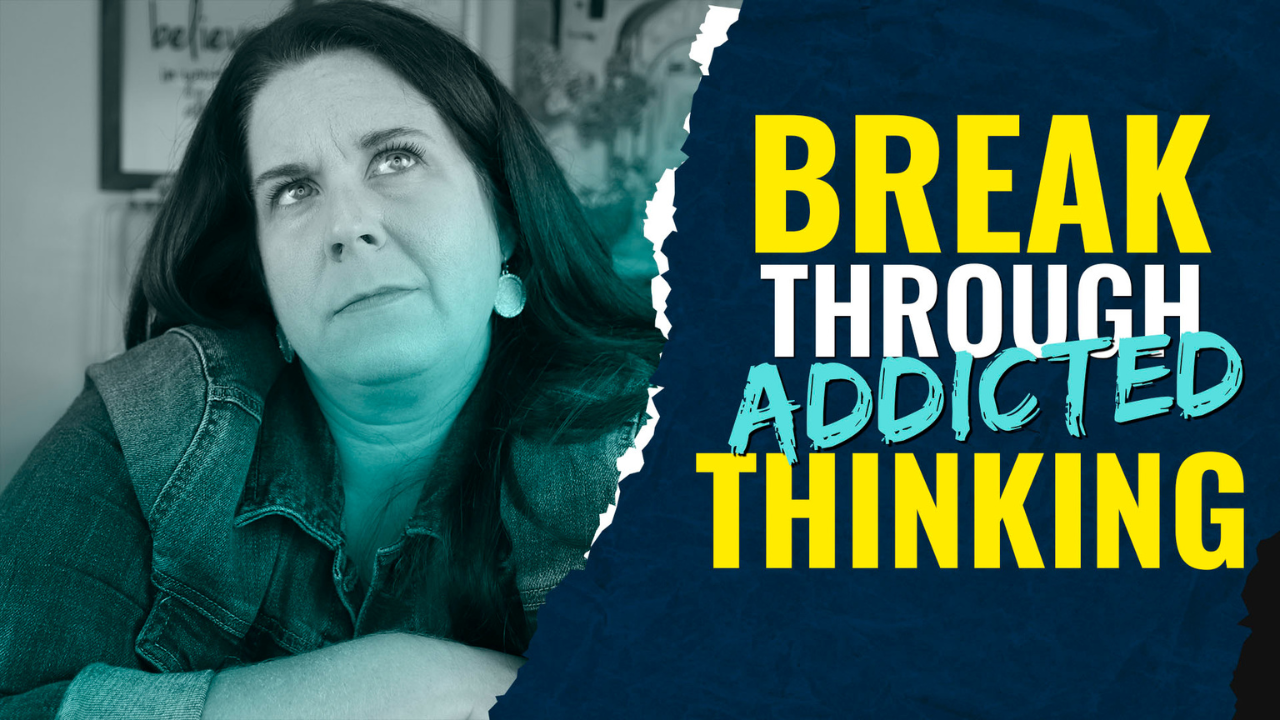From Struggle To Strength: Parenting an Addict
Parenting children with addiction can be an incredibly challenging and emotionally taxing experience. As a parent, it's natural to question why you need to change and adapt to the situation. However, understanding the need for personal growth and transformation is crucial for your well-being and your child's recovery journey.
We'll explore the importance of change, parents' internal struggles, and the stages of parenting children with addiction. We'll also discuss the significance of joining a supportive community like the Positive Parenting Group to navigate this journey effectively. So, let's dive in!
Embracing Change for Emotional Well-being
Many parents wonder why they should change when their child struggles with addiction. But the truth is, resisting change only perpetuates negative emotions like anger, sadness, resentment, and grief. It's essential to recognize that your well-being and emotional state are just as important.
By embracing change, you have the opportunity to ...
Is it okay to allow my addicted son/daughter to live in my home?
 (In this post, we're basing this on adult-18+ years old)
(In this post, we're basing this on adult-18+ years old)
Are you a bad parent if you let your addicted son or daughter live in your house?
If this is a thought you've had, you've likely also felt guilty for letting them stay, risking enabling them, but you also feel guilty if you make them leave.
There are a ton of mixed feelings when it comes to this. You may resent the chaos they're bringing to the house, but you also feel terrified about what will happen if you don't let them stay.
There's no black or white, yes or no answer to the question of whether or not it's okay to let your addicted son or daughter live in your house.
I can't tell you exactly what to do, but I can help you think through the situation objectively because it's essential that you not make this decision in an emotional state.
Let's say your addicted son or daughter comes home, and they do something that makes you mad, and you yell and scream and throw them out in the heat of the moment; that's a terrible...
Does Your Spouse Refuse To Get Help For Their Alcohol Addiction?
 So your spouse finally admits that they have a drinking problem but refuse treatment. This kind of situation is a lot more common than you might think. I'm going to tell you three things you should ask for if you face this dilemma.
So your spouse finally admits that they have a drinking problem but refuse treatment. This kind of situation is a lot more common than you might think. I'm going to tell you three things you should ask for if you face this dilemma.
But before we go much further, Let's discuss why this is a common dilemma—going into treatment, like 30, 60, or 90 days of treatment, is the last thing someone will agree to address an addiction problem.
As frustrating as it is, if you stop and think about it, it's understandable.
You're away from family and can't work for 30 days or more. Then, you get told when you can eat and what to do; people ask many questions, and it's not something you look forward to doing.
If you're in the dilemma of having a spouse who acknowledges they have a drinking problem but don't want to go to treatment, I want you to recognize why they might be frustrated. It doesn't mean that you agree with them or that you think it is the right decision, but listening to them, and havi...
Am I An Idiot For Staying With My Addicted/Alcoholic Spouse?
"Am I a complete idiot for staying with my alcoholic or addictive spouse? If I think about leaving, I feel guilty. On top of that, I feel like I get all this judgment from everyone around me. The people who know there's an addiction are judging me for staying, and the people that are in denial about it are judging me for leaving."
Can you relate?
I know you feel upset with your spouse because this is not what you signed up for, and I can't even tell you whether or not your spouse will for sure fix their problem or not. This is a decision that you should not make from an emotional place because you're likely to take that decision back.
I will give you a framework to make this decision easier for you.
There will be six categories, and we'll group them into "Negative- I should go." and "Positive-I should stay."
If you're married to your addicted loved one, I know you have mixed feelings. On one hand, you may be thinking, "Isn't addiction an illness? I made a vow to stay through s...
Boundaries With An Alcoholic Spouse (part 1)
Trying to keep good boundaries with a spouse who has a substance abuse problem can get complicated. Are your boundaries healthy and appropriate? Let's find out...
There are some standard issues when it comes to being in a marriage, especially when someone has a substance abuse problem. Those are:
- Money-always a big category
- Household responsibilities and who's responsible for what.
- Safety issues can include things like driving.
I'm going to give you some examples of boundaries in each category. As we go through this, identify the appropriate boundary, the ones articulated in the right way.
First up, let's talk about driving.
Four Driving Boundaries examples:
#1- I'm not going to allow you to drive our kids if I think you've been drinking.
#2- You're not going to leave this house in our car when you've been drinking.
#3- I won't provide insurance under my name if I think you're likely to drive while intoxicated.
#4- Please do not drive home drinking. It makes me a nervous wreck....
Boundaries With An Alcoholic Spouse (part 2)
This is Boundaries with an Alcoholic Spouse, part two. If you haven't watched part one, I suggest you go back and watch that first.
But if you've already watched it and you're here for the answers, you're in luck because we'll go over those boundary examples.
Under the drunk driving category, we had four boundaries to explore.
#1- I'm not going to allow you to drive our kids if I think you've been drinking.
This one is a pretty appropriate boundary. Here's a hint-A healthy boundary usually starts with "I." It's not telling the other person what they will and won't do, you're saying what you will and won't do. *A special note about this boundary...I think that's an appropriate, reasonable, healthy boundary, and it's communicated appropriately, but I want you to ask yourself, how will you hold that boundary? It's not just what boundary you'll set, but how to enforce it. Make sure you've thought about that before you set this type of boundary.
#2- You're not going to leave this h...
If Your Son or Daughter Is Struggling With Addiction, This Video Is For You
What does it take to get through their denial and get them to see that they are ruining their life and yours and finally do something about it?
The challenge with young adults-- not only do they have to figure out how not to use drugs. They have to figure out how to be an adult too. Most of the time, young adults who abuse drugs/alcohol for a long time haven't developed adulting skills. They're likely emotionally stuck in the age of when they started using regularly.
It's time to fill their pride tank.
A lot of young adults that are struggling with addiction have no self-worth and little self-pride. That tank is depleted, so much of our programming is to give them the life skills they need to refill that tank.
An example of filling someone's pride tank they use at Greenville Transitions is to partake in physical activities with a clinician. David shares an experience that happened to someone recently.
"We do a lot of UFC gym work where they do Brazilian jiu-jitsu. We had a gu...
The Absolute WORST Thing To Say To Someone Who Has An Addiction 🤐
 The worst thing you can say to someone with an addiction is, "You are a terrible person."
The worst thing you can say to someone with an addiction is, "You are a terrible person."
Saying this will backfire on you. It will blow up in your face, so do your best to avoid this.
Any version of this includes comments like:
- You're such a screw-up.
- You're the reason this family's falling apart.
- You're costing us everything.
- You don't care about anyone but yourself.
- How could you do this to us?
- You're ruining it for everybody.
- You're ruining my day.
- It's your life you're wasting.
Those are all different ways of saying to someone that they are a terrible person.
Not only is it not going to help them be a better person, but it's also going to backfire on you because when you say something like that to someone, they're going to get very, very defensive. The walls will likely come up, and the spikes will most likely come out. Even if they're doing terrible things, they're probably not doing it because they want to be a horrible person. They're probably doing it ...
The BEST thing to say to someone who has an addiction
The most powerful thing you can say to someone with an addiction is a question, and the question is, "What do you think?"
I know, you're thinking, Amber, I already know what they believe, and they are all wrong. They just don't get it.
If you think that, there's possibly a little truth in that statement that maybe they don't get it, or perhaps they're wrong about some things, but that doesn't matter. It doesn't matter if they're right or they're wrong. What matters is what they think. That is critically important because when you know what they believe, you have the starting point to help guide them in the right direction.
You cannot start where you want to start because, most likely, you're 10 miles down the road from where they are, and you will not get their attention.
When you're 10 miles down the road, you have to back up and find out where they're starting from, and you have to use that information to help walk them through the process.
This solution became clear to me ...
How To Stop Drinking Alcohol On Your Own!
The majority of clients that we see in our office stop drinking on their own without having to go to long-term treatment, like 30, 60, or 90-day treatment. And honestly, it's not that complicated.
Detox
When quitting alcohol, you have to consider whether or not you need a medical detox from the alcohol. Believe it or not, stopping alcohol from cold turkey is one of the more dangerous things to quit. So before you implement any of the other techniques that I'm about to tell you, it is crucial to have a thorough medical assessment.
Once you have that figured out, here are the critical pieces to doing this on your own, without going to long-term treatment.
1st Key to getting sober without rehab
The first thing that I want you to do is to make drinking a non-option.
What do I mean by non-option?
Make it easier on yourself. For example, one obvious thing is to take the alcohol out of your house and remove the temptation.
2nd Key to getting sober without rehab
The next thing yo...







